Like it or not, Central Europe has a historical responsibility to prevent the outbreak of a nuclear world war. This assertion did not come from thin air or some kind of confused vision. The war which is formally called the Russian-Ukrainian war, but could also be considered a regional NATO-Russian conflict – while in reality it is an American-Russian power struggle – is approaching a stage which will quash any chances of maintaining European and world peace. We are talking about the fact that Ukraine is counting on receiving more military equipment and weapons than ever before if all 11 countries – that made their declarations – complete those orders. Over the past year, Ukraine has continuously been receiving weapons, however, the aforementioned plan would be a strategic change. Above all, an important difference is that, in addition to German, French, English, and mainly American suppliers, countries such as Sweden and Denmark are also sending sizeable amounts. A very prominent paradigm-change would happen if, amid the Polish and Baltic battle cries, Czech and Slovak weapons would also begin making their way to Ukraine, as their governments have declared.
Do you comprehend this?! Central Europe which, in the event of a Russian attack with weapons of mass destruction, is at the highest risk, could enter the armed conflict. Going against any common sense. The Polish political leadership, not the Polish people, will sacrifice the strategic defense of their country for a flyby political interest? Do Warsaw, Prague, and Bratislava really believe that America’s unprincipled service is the guarantee of their future? Is it not possible to recognize the many examples spanning hundreds of years where small nations become the cannon fodder in the war games of the great powers? It is no surprise that the Polish ego is satisfied at the sight of Russian losses.
And of course, the embargos against Russian gas and oil also came in handy for Warsaw because this way, the value of Polish coal mines increases in the world energy market. The fact that the Czech and Slovak governments are doing exactly what Washington demands is not an unsolvable mystery.
At the same time, if they take up arms against Russian military powers, they are preparing the destruction of Central Europe. The protective umbrella that covers all of Central and Eastern Europe, including Hungary, would be removed.
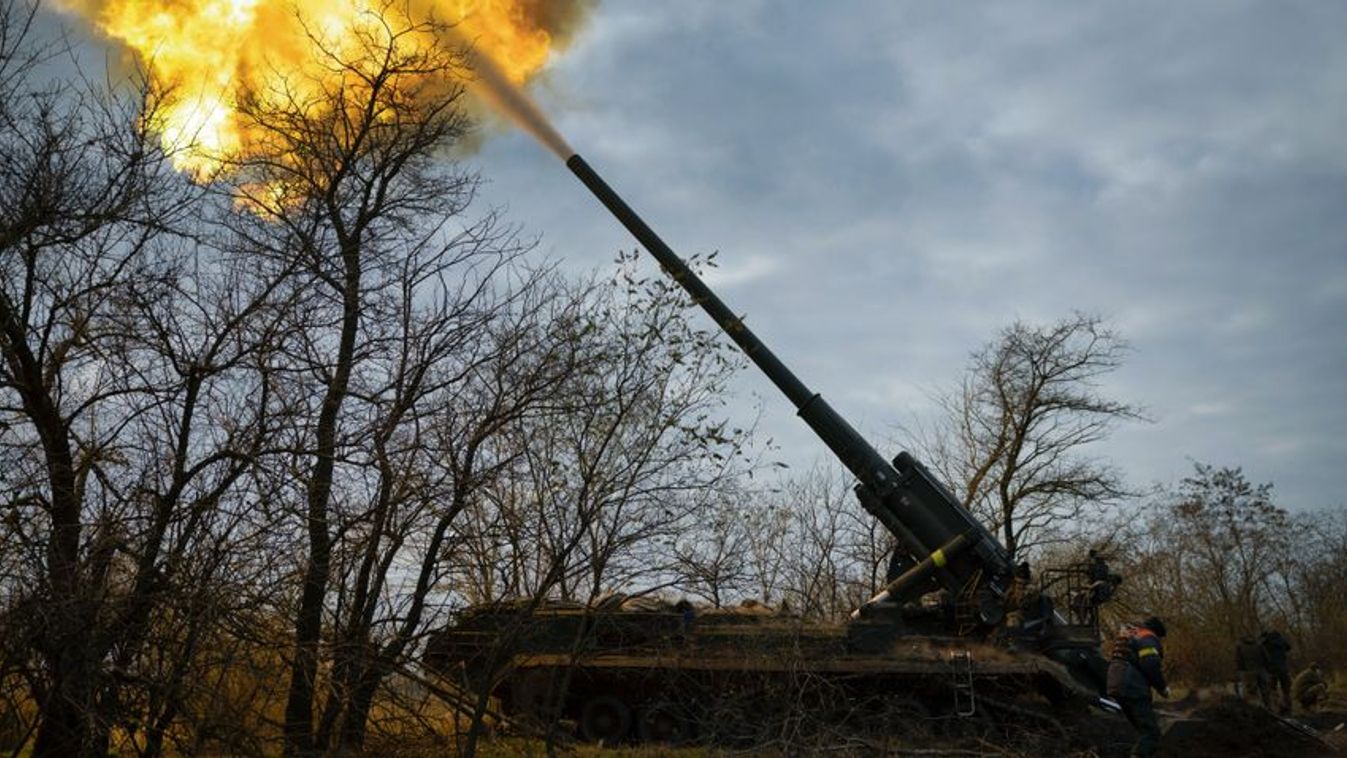
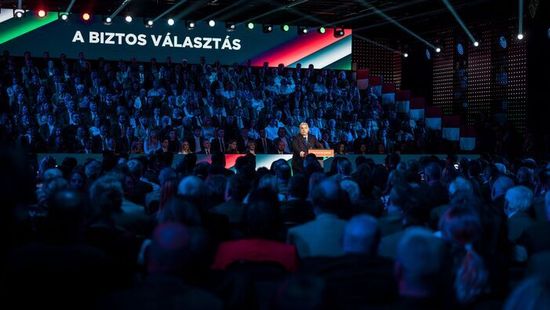
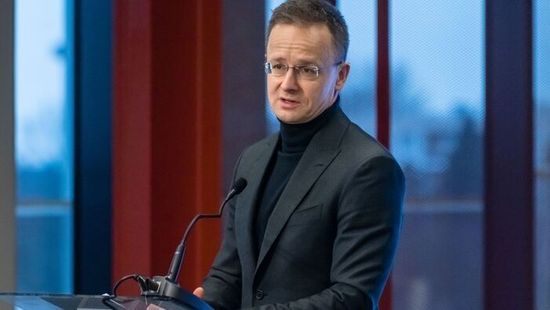
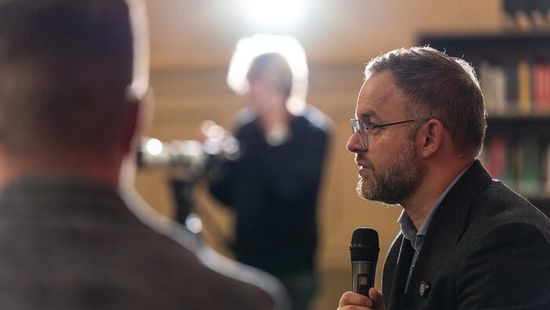
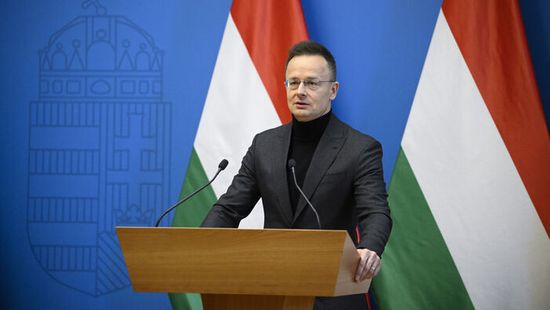

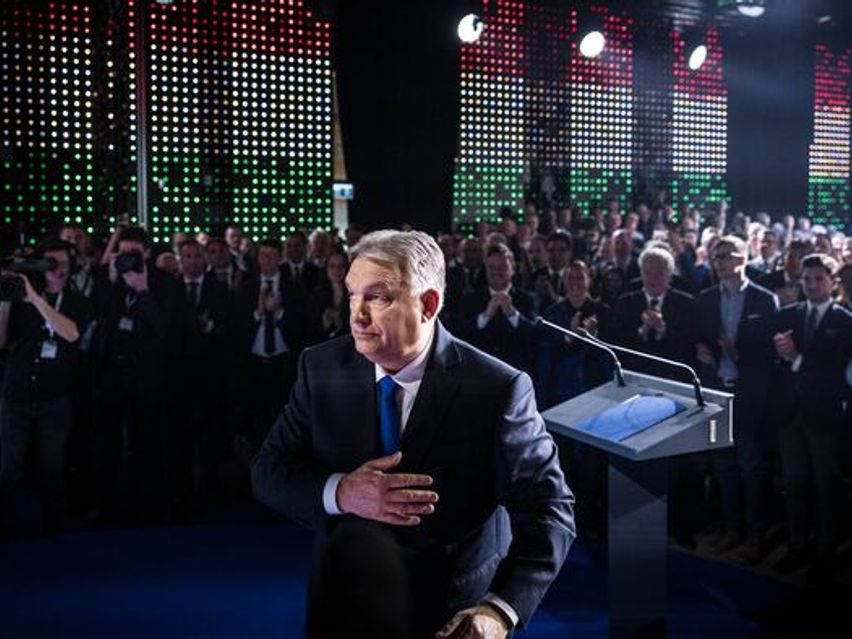
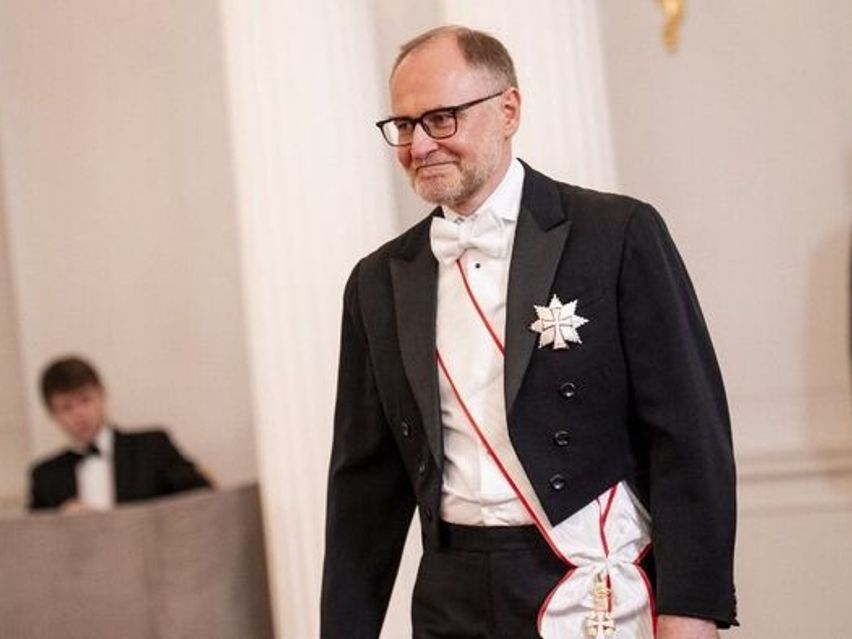
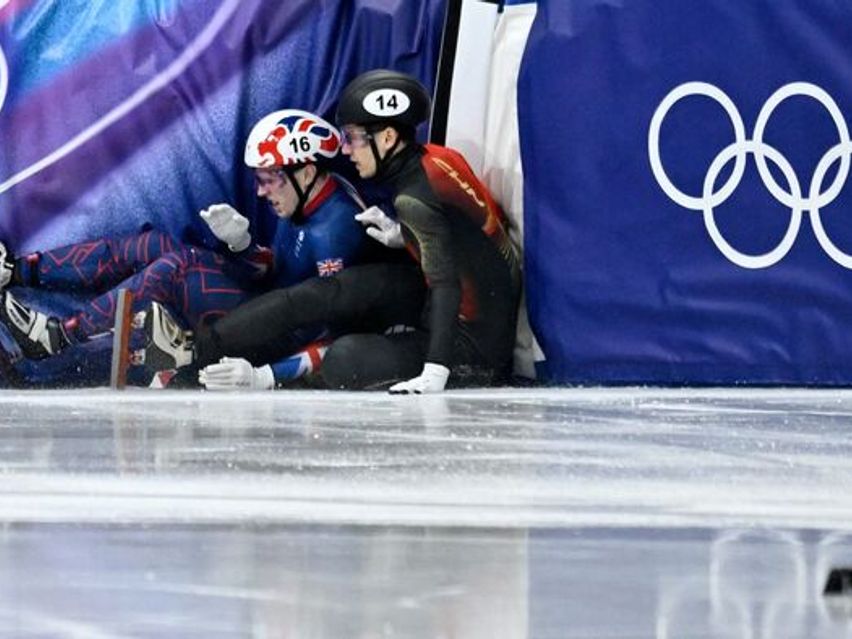
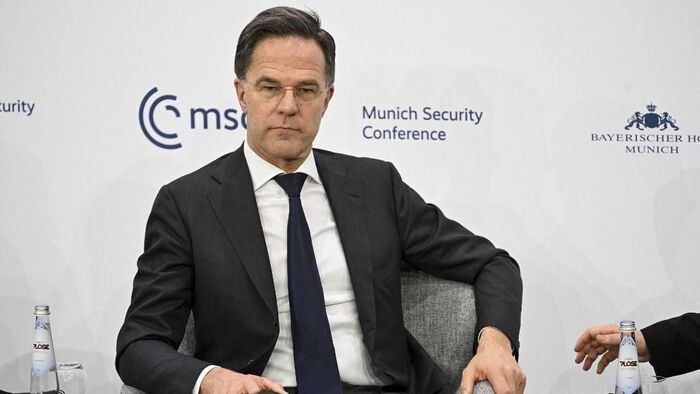

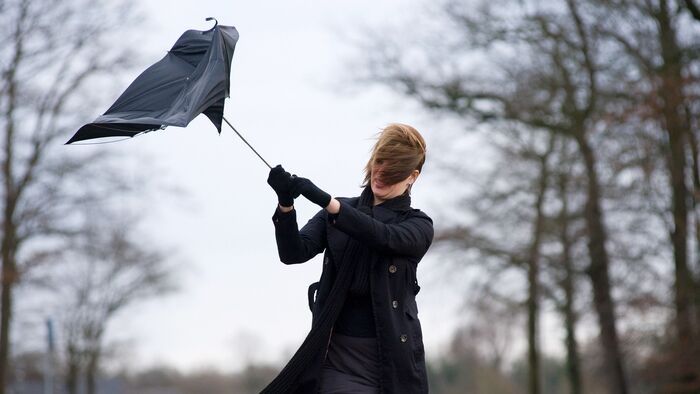
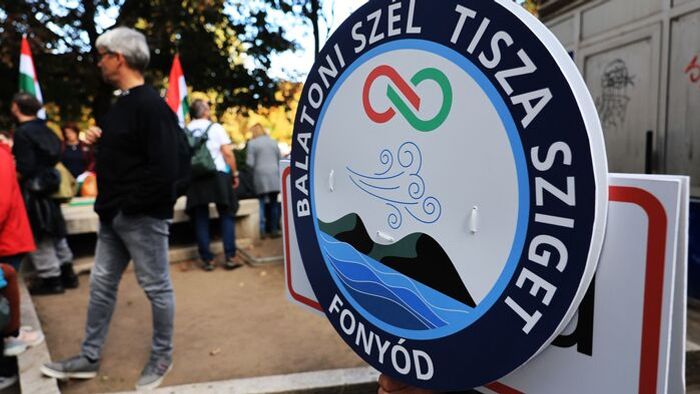
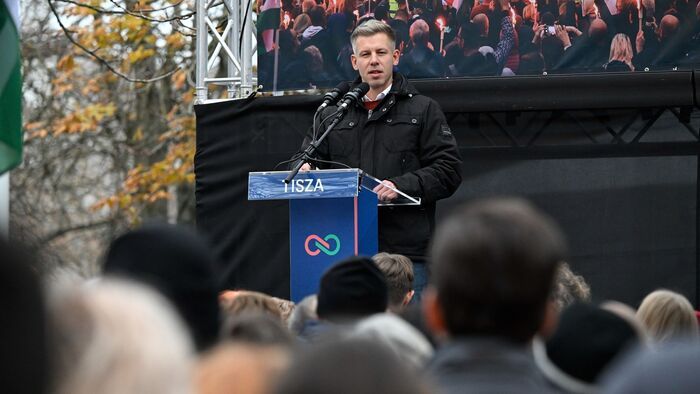
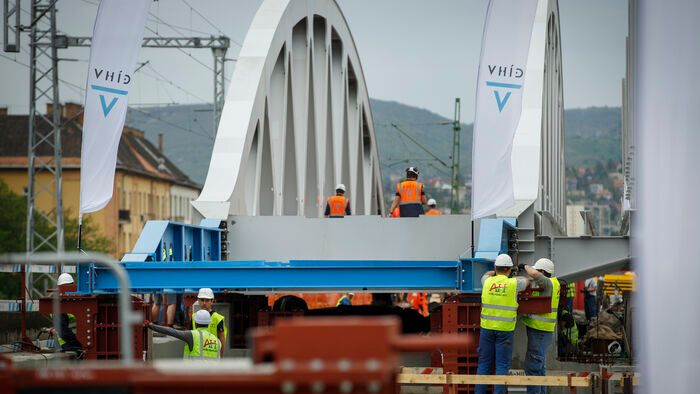
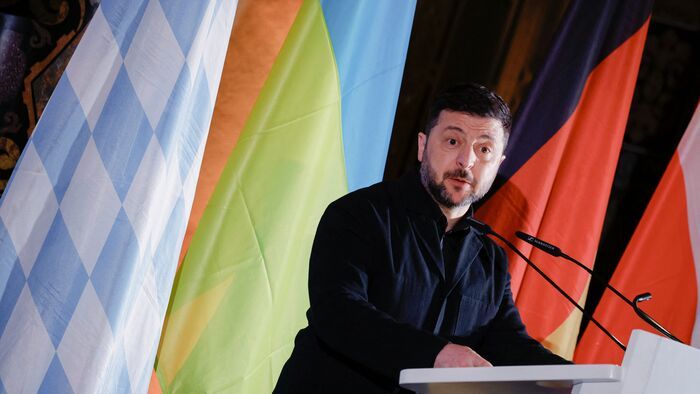
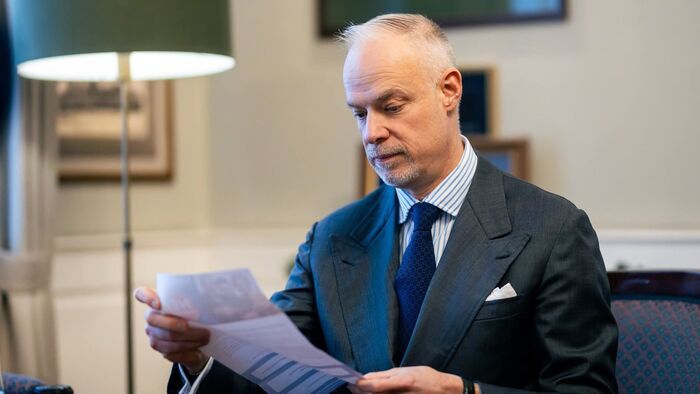
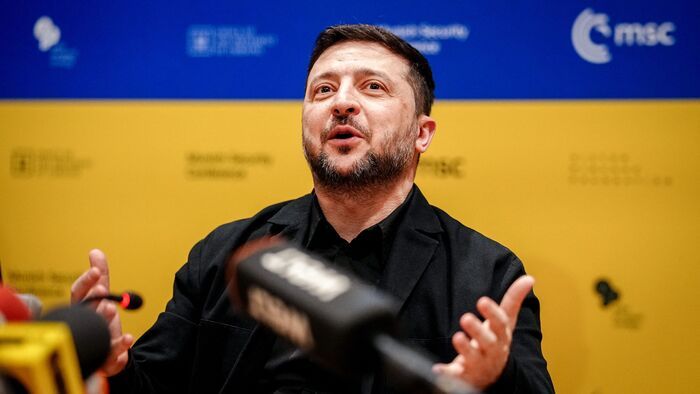

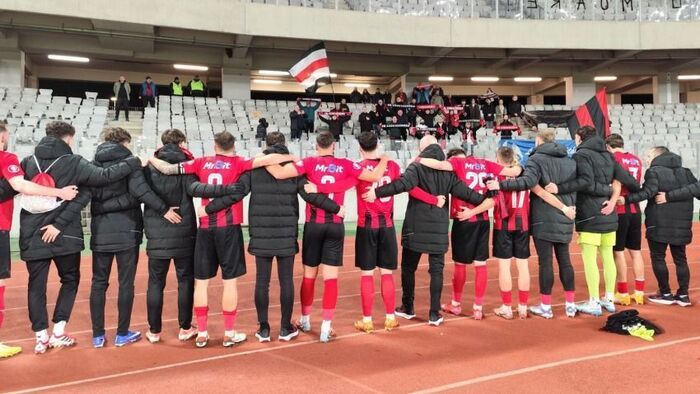



Szóljon hozzá!
Jelenleg csak a hozzászólások egy kis részét látja. Hozzászóláshoz és a további kommentek megtekintéséhez lépjen be, vagy regisztráljon!